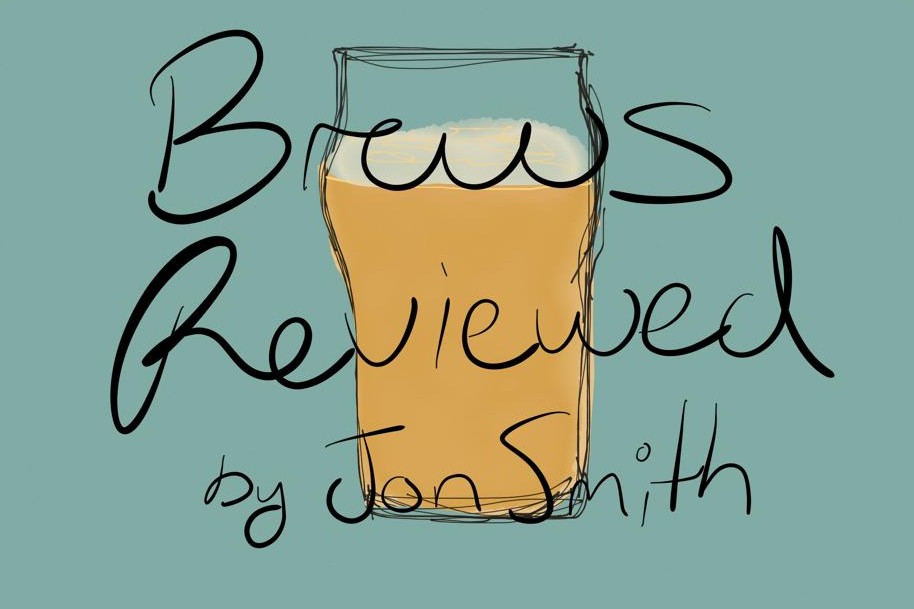For many undergraduate students, attending university is one of the first times living away from home. Some of the privileges of being an independent adult are a lack of bedtimes, doubling your helping of dessert… and paying your own bills with that shiny new credit card of yours. But what is credit? Why is it important? Surely credit scores aren’t that much of a concern when you’re only a young student. Right?
Credit, in it’s essence, is imaginary money. You never get to physically touch those dollars. They exist only as numbers associated to a plastic card. However, this does not mean that it is free. It can be seen as a very small loan from your bank given to you on good will, and you can access these funds when necessary through the use of a credit card. Some banks allow credit values from a couple of hundred dollars to a couple of thousand dollars. When you’re a student, though, it’s more likely that you’ll be approved for a credit card in the hundreds range. Whatever you choose to spend, you have to pay back to the bank. This is obviously a pretty sweet deal because you can now make immediate purchases and pay the bank back at a future time. So where is the downside? The downside is that if you fail to pay the banks back, that’s when the interest hits you. And depending on how prepared you are, that interest can hit you pretty hard and begin to affect your credit score. I’ll get to the issue of credit score a little later.
Let’s say that you have a credit card limit of $100 (let’s use nice small numbers for example’s sake). You’ve spent $100 on a week’s worth of groceries, and for some reason you cannot pay the bank back $100 on time. Your credit card has an interest rate of 10%. This means you will owe an additional $10 on top of what you already owe on your next credit card bill. Now, I know that $10 may seem like a measly sum, but this is money that you could have avoided paying entirely. Not to mention, these numbers aren’t entirely realistic. If you’ve got a credit card with a limit that is significantly higher $100, this will obviously reflect in what you’ll owe in interest if you fail to pay. If you fail to pay the $110 that you owe next month, an addition 10% will be added. You now owe the bank $121 and so on and so forth. If you repeatedly spend up to your limit and fail to make minimum payments, your credit score will start to suffer.
You’re probably thinking, “I’ll just avoid all of this hassle and not get a credit card. This way I’ll never miss a payment, pay interest, and avoid lowering my credit score. I’ll just pay everything in cash.” In some ways, I would agree that this is clever. However, credit is important for several reasons. Think of establishing credit as a stepping stone towards bigger and better things. If you never miss a payment and use your credit for a long time, this establishes a “good” credit score with the bank. On the other hand, if you regularly miss payments, this establishes a “bad” credit score with the bank. But why does this matter? Allow me to present to you a scenario:
You have two friends, Bob and Sam. Both Bob and Sam regularly ask to borrow your bike to get in an out of town. Bob is incredibly responsible with borrowing your bike. He uses it when he needs to run errands and brings it back to you in pristine condition. Sam, on the other hand, borrows your bike whenever he so pleases and often forgets where he puts it, and when it does come back to you it’s missing parts. One day, both Bob and Sam ask to borrow your shiny new car. Who would you rather say yes to? Would you say yes to your friend with the good track record, or the bad one?
In a similar way, a credit score is the bank’s “track record.” You may be a student now and owning your own car, business, or home isn’t that important to you at the moment. One day, however, you just might go into the bank to ask for a car loan or mortgage. Depending on whether or not you have a good credit score will determine either your loan’s approval or denial. But let’s go back to the scenario where you don’t bother getting and using a credit card out of concern that you may lower your credit score. Having no credit established is like having no track record. If your third friend Will asks you, completely out of the blue, to borrow your car, how are you supposed to determine if he is responsible enough or not? A reasonable person would feel incredibly iffy about saying yes. Having no credit can be just as bad as bad credit.
The process of owning a credit card for the first can be incredibly intimidating for students because they may not understand entirely its implications. This article so far has discussed interest, credit scores, and what not to do. But what are some of the things that students can do to help improve and maintain good credit?
- Think of a credit card as a two-step debit card. Try to use your credit card only when you know you have money in your savings or chequing account to immediately pay that sum back. This way, you’re using your credit and creating a track record, as well as paying back what you owe to avoid interest build up.
- Pick a credit card that’s right for you. Not all credit cards are the same. Some have higher or lower interests, higher or lower credit limits, different annual fees, different rewards and so on. Don’t be afraid to go speak with one of your bank advisors to help determine which card best suits your needs.
- Check your credit card balance regularly. This will help you to determine how much credit you have left to avoid overspending. Exceeding credit limits often comes with hefty penalty fees which is included when interest is charged after missed payments.
- Do your best to avoid “big” purchases. Emergency spending is a completely different case. Things happen, and having a credit card there to help you out of a tough spot is always a great thing. Spending money on a new television or expensive pair of boots is probably not a priority.
- Do not co-sign for your friends (even if they are your BFF). Co-signing for your family is a different scenario. The reason why you shouldn’t co-sign for friends is because it’s difficult to determine if they are a Bob, Sam, or Will with concern to their spending habits. If they end up being a Sam and have substantial amounts of money owing, as co-signor you may be held responsible for paying off that debt if your friend fails to do so after a certain period of time.




